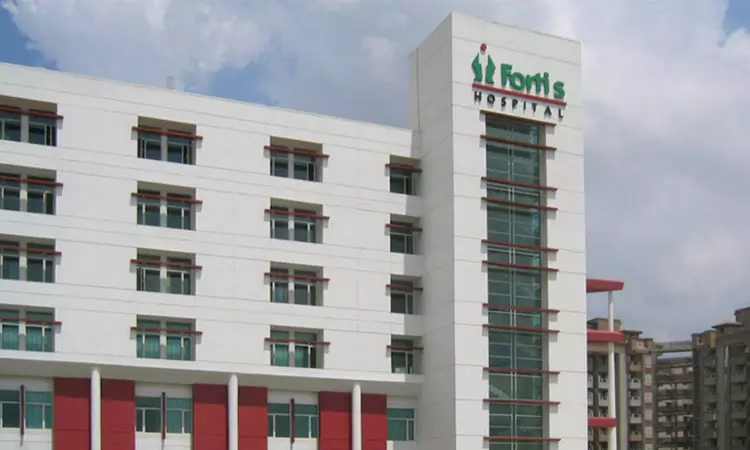Medical Negligence: NCDRC Holds Doctors Of Fortis Hospital Liable
Ayushi Rani
25 Dec 2024 4:30 PM IST

Next Story
25 Dec 2024 4:30 PM IST
The National Consumer Disputes Redressal Commission, presided by Mr. Subhash Chandra in an appeal by Fortis Hospital held that expert evidence in medical negligence cases should be judged on a case by case basis, placing the onus on the hospital to dispute allegations of negligence. Brief Facts of the Case The complainant's son suffered from a spinal condition, AAD, caused by...
